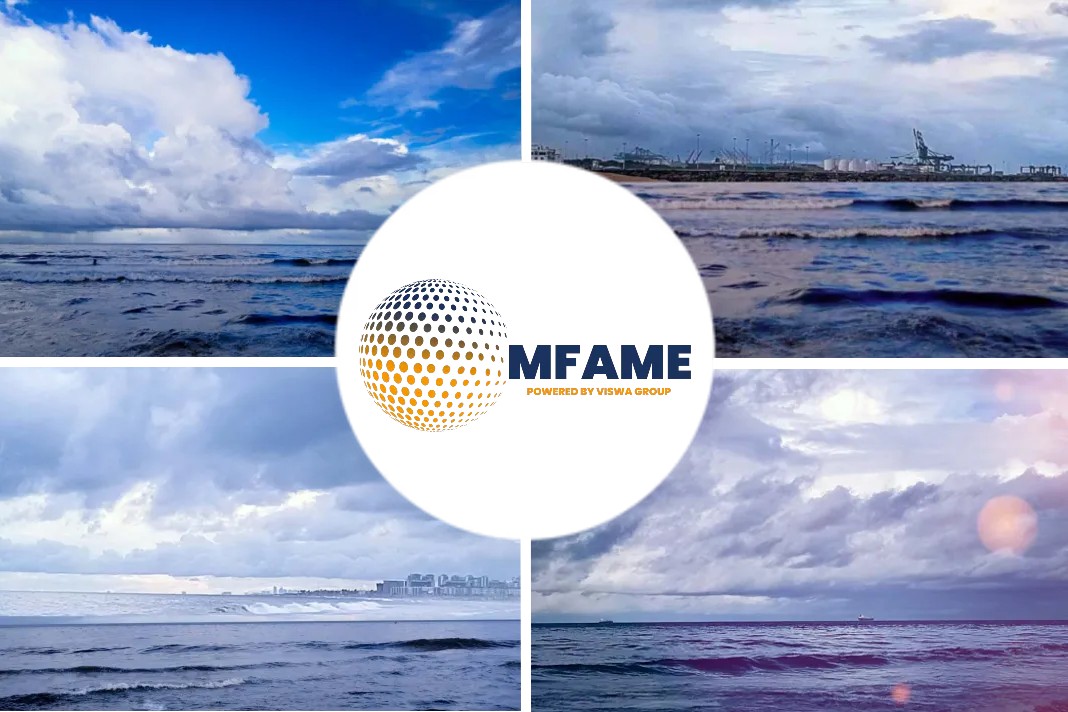 The Oil Companies International Marine Forum (OCIMF) and Intertanko believe they can help cut 40% of CO₂ emissions in EU Maritime Transport by 2050 though a “sustainable emissions management framework”.
The Oil Companies International Marine Forum (OCIMF) and Intertanko believe they can help cut 40% of CO₂ emissions in EU Maritime Transport by 2050 though a “sustainable emissions management framework”.
Key to the proposal is Virtual Arrival – a voyage management optimisation and vessel emission reduction tool developed together by the two industry bodies in collaboration with the European Union, says an article published on their website.
What is Virtual Arrival?
Virtual Arrival is a process that involves an agreement to reduce a vessel’s speed on voyage to meet a revised arrival time when there is a known delay at the discharge port.
Benefits of Virtual Arrival
It is inherently wasteful for a vessel to steam at full speed to a port where known delays to cargo handling have already been identified. By mutually agreeing to reduce speed to make an agreed arrival time, the vessel can avoid spending time at anchor awaiting a berth, tank space or cargo availability. Emissions can thus be reduced, congestion avoided and safety improved in port areas.
“Virtual Arrival proves the maritime sector is capable of delivering effective and global solutions to reduce emissions while maintaining technology leadership and economic sustainability”, said by David Cotterell, director of OCIMF.
Pre-condition of Virtual Arrival
- A known delay at the discharge port.
- A mutual agreement between the ship owner/operator and charterer.
- An agreed Charter Party clause that establishes the terms for implementing Virtual Arrival.
- An agreement on how to calculate and report the performance of the vessel.
- An agreement on how to assign benefits between the involved parties.
Issues associated with Virtual Arrival
The adoption of Virtual Arrival requires effective collaboration across the industry and consideration of issues that include:
- The legal basis for agreements between vessel owners/operators and charterers
- An understanding of potential impacts on legal agreements between trading parties including the liabilities of late delivery
- The need for cooperation with Port Authorities, cargo receivers and other parties
- A mutual understanding of the operational limits and performance of the vessel involved
- Agreement on the need for verification of associated data, including that used to calculate voyage savings
Did you subscribe to our daily newsletter
It’s Free! Click here to subscribe!
Source: ocimf.org























